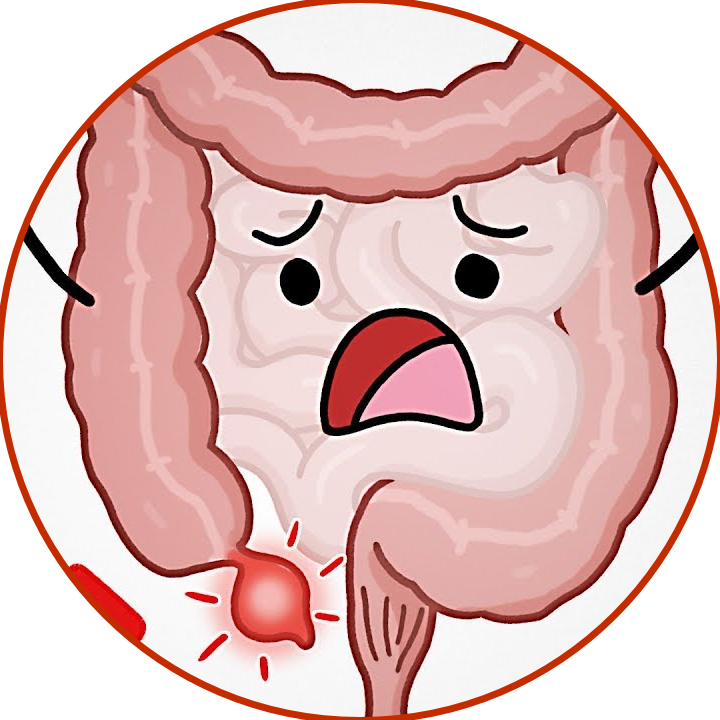The cumulative incidence of appendicitis was 27% at year one, 34% year two, 35% year three, 37% year four and finally 39% by 5 years.
The five year overall surgical complication rate (SBO, surgical infection, incisional hernias, and abdominal pain) was 24%.
These are good statistics to consider when considering shared decision-making.
But there are a few things to remember.
- All patients got CT prior to randomization to ensure uncomplicated illness. (i.e no perforation, abscess, appendicolith or suspicion of tumor.)
- They excluded children and adults over the age of 60
- They used some crazy C diff inducing doses of antibiotics including an IV carbapenem for 3 days followed by an oral fluoroquinolone and metronidazole. (But Augmentin has been used in other studies.)
- Patients had open appendicectomies. Laparoscopic surgery would be expected to have a lower surgical complication rate.
What’s the take home?
There is now more and more literature consistently demonstrating the decent efficacy of antibiotic therapy for uncomplicated appendicitis. Decades of surgical tradition is hard to change. But it is getting to the point where patients will need to participate in discussions regarding treatment options.
Covering:
Salminen P, Tuominen R, Paajanen H, et al. Five-Year Follow-up of Antibiotic Therapy for Uncomplicated Acute Appendicitis in the APPAC Randomized Clinical Trial. JAMA. 2018;320:1259-65. [link to article]
| Dr Brian Doyle is an emergency physician originally from the United States but now very much calls Tasmania his home. Unfortunately, it will now be a bit more difficult to deport him from the country as he passed his Australian citizenship test a few years ago. (He was able to answer that Phar Lap won the Melbourne rather than the Davis Cup). His main interests are mostly the clinical aspects of emergency medicine but also in education, ultrasound and critical appraisal of the literature. He spends much of his time annoying people to help out with conferences. |



 RSS Feed
RSS Feed
